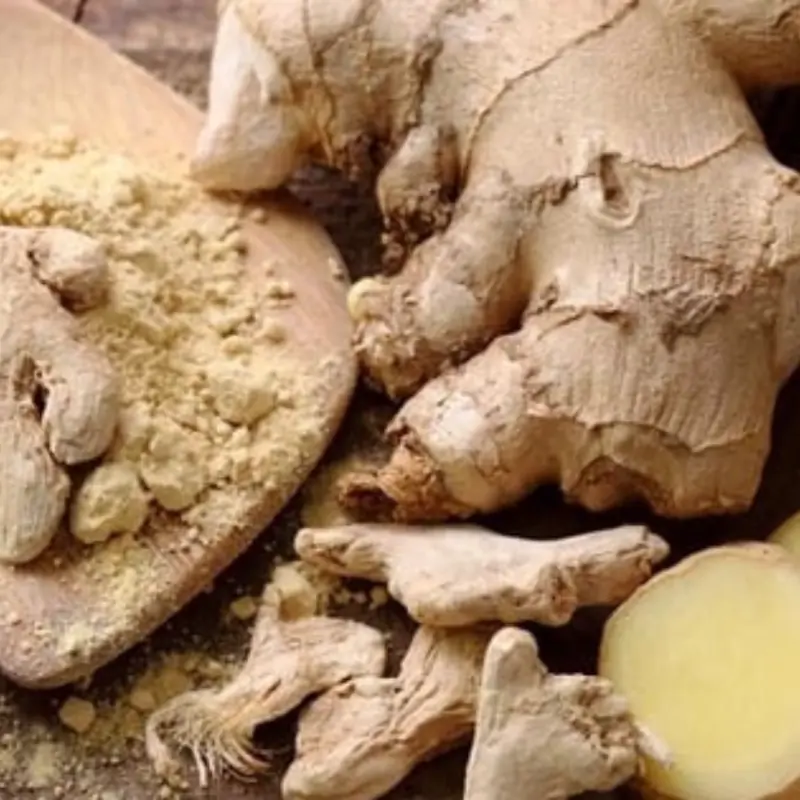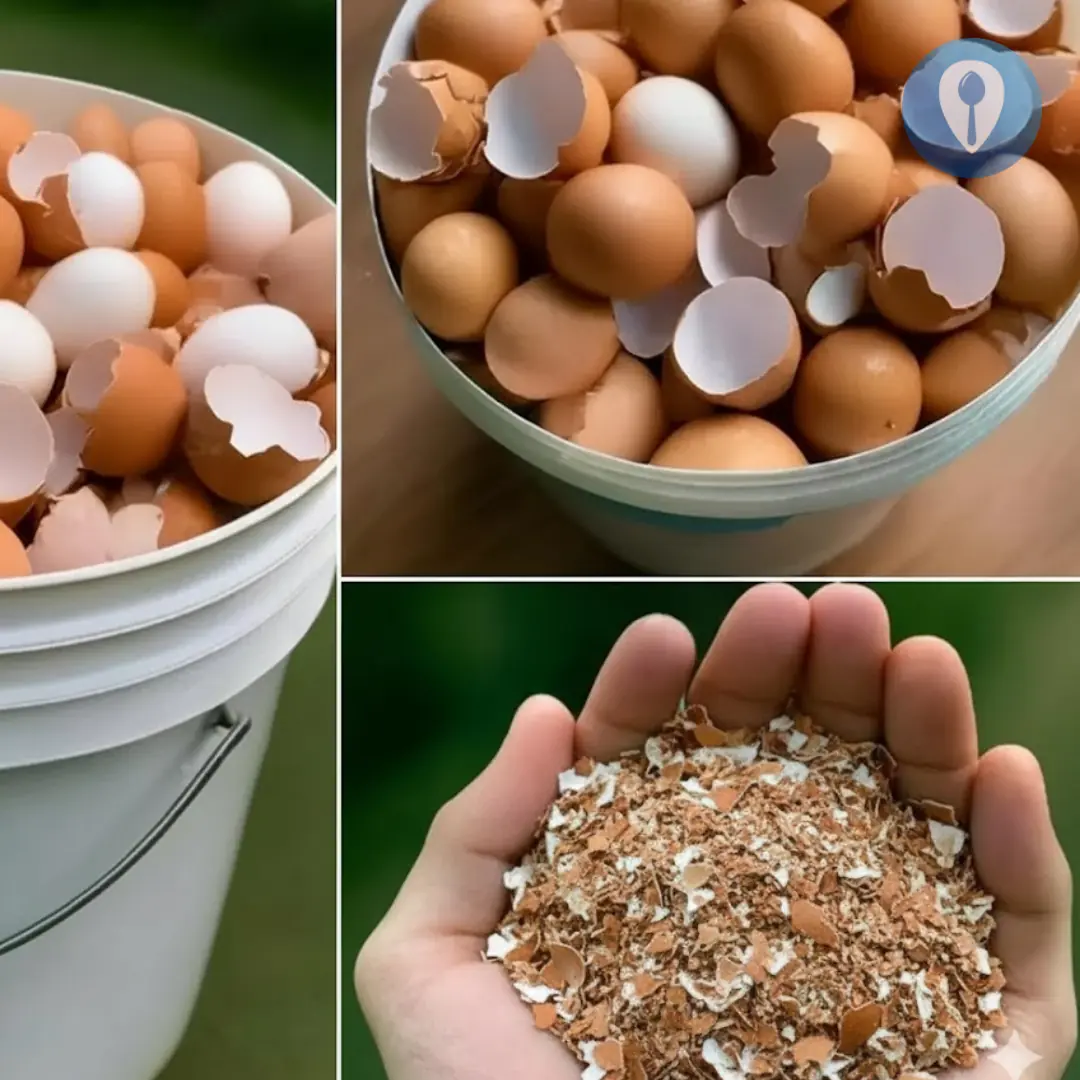
People wash rice directly

Before cooking rice, we need to wash the rice to remove dirt and grit mixed in the rice, helping to ensure the cleanliness and deliciousness of the finished product. Many people have the habit of putting rice in the rice cooker, adding water and washing directly. After pouring out the washing water, add enough water and cook.
However, washing rice directly in the rice cooker is not recommended. This is explained by a number of reasons:
- Damage the non-stick layer of the rice cooker
Currently, most rice cookers are coated with a non-stick layer to prevent rice from sticking to the pot. When washing rice directly in the pot, the rice grains rub and scratch the non-stick part. In the long run, the non-stick layer will peel off, making the rice easy to burn and stick to the pot. The peeled non-stick part mixed with the rice is also not good for health.
- Reduce the life of the pot
When washing rice directly in the pot, water can stick around this part. Many people directly put the pot into the shell and cook rice without wiping the outside of the pot dry. This can affect the life of the pot.
- Affects the quality of rice
When the non-stick layer of the pot is scratched, the rice is very easy to burn when cooking. In addition, it can also cause the rice to not cook evenly, reducing the deliciousness of the rice.
To ensure hygiene and increase the durability of the pot, you should use a small basket or small basin to wash the rice. When washing rice, just use cold water and stir gently with your hands to push out dirt and impurities. In addition, do not wash the rice too hard, do not wash the rice too many times because it can lose valuable nutrients in the outer shell of the rice grain.
Some other notes when cooking rice:
- Clean the pot regularly
You need to clean the pot regularly to ensure hygiene and increase the durability of the pot. Every time you cook rice, pay attention to cleaning the pot and the removable lid on the pot lid. These locations are very prone to residue from the previous cooking. If not cleaned, bacteria will grow quickly and affect the quality of the rice cooked next time. The rice can spoil faster and is not good for the health of the user.
- Do not open the lid of the pot immediately after the rice is cooked
While cooking rice, many people have the habit of opening the lid of the rice cooker to see if the rice is cooked yet. However, this will lose a certain amount of heat and steam, affecting the cooking process of the rice grains. Therefore, when cooking rice with a rice cooker, you should not open the pot during the cooking process. When the pot indicates that it is done cooking, you should not open it immediately. Leave the rice in the pot for a few minutes until the rice grains are completely cooked, then open the pot and stir the rice evenly.
- Use plastic or wooden rice scoops
Metal utensils can scratch the non-stick surface of the rice cooker. Therefore, you should use plastic or wooden scoops to avoid damaging the non-stick surface of the rice cooker.
News in the same category

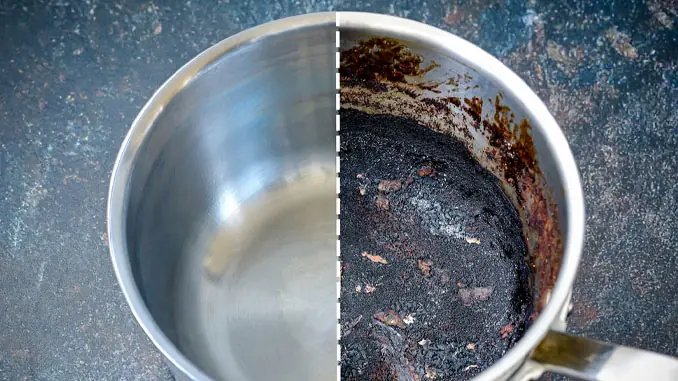
Instead of using steel wool, this is the proper way to clean stainless-steel pots and pans to help extend their “lifespan”—a tip many people don’t know.
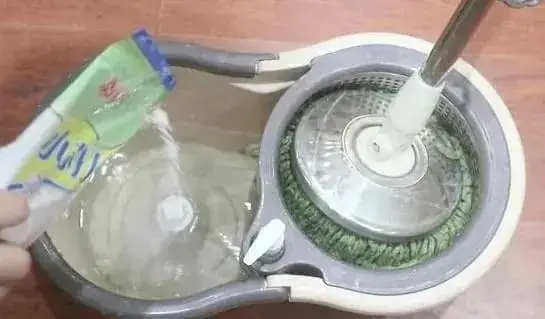
Mopping with Plain Water Is Pointless: Add This One Thing and Your Floor Will Shine Like a Mirror All Week!
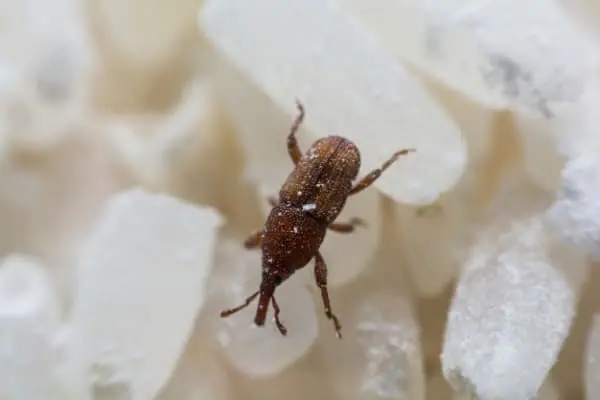
How to store rice properly to prevent moths and keep it fresh longer
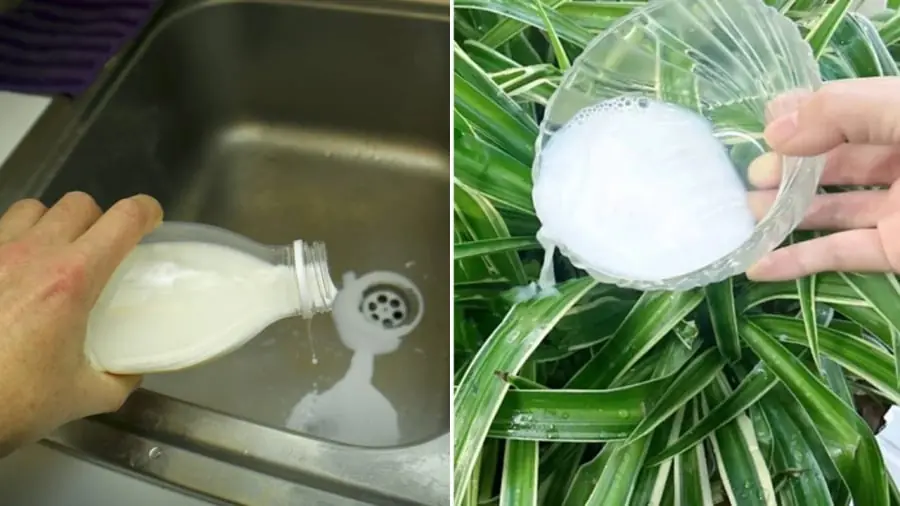
Don’t Throw Away Expired Fresh Milk — Keep It for These 4 Amazing Uses
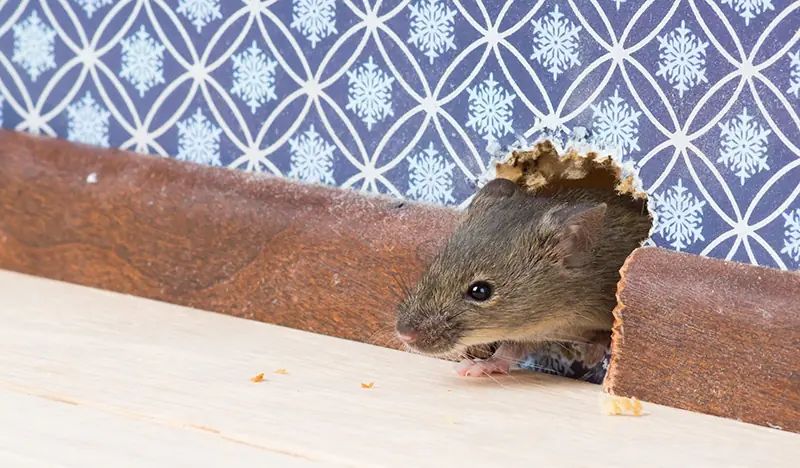
How to drive away an entire rat colony using simple household ingredient
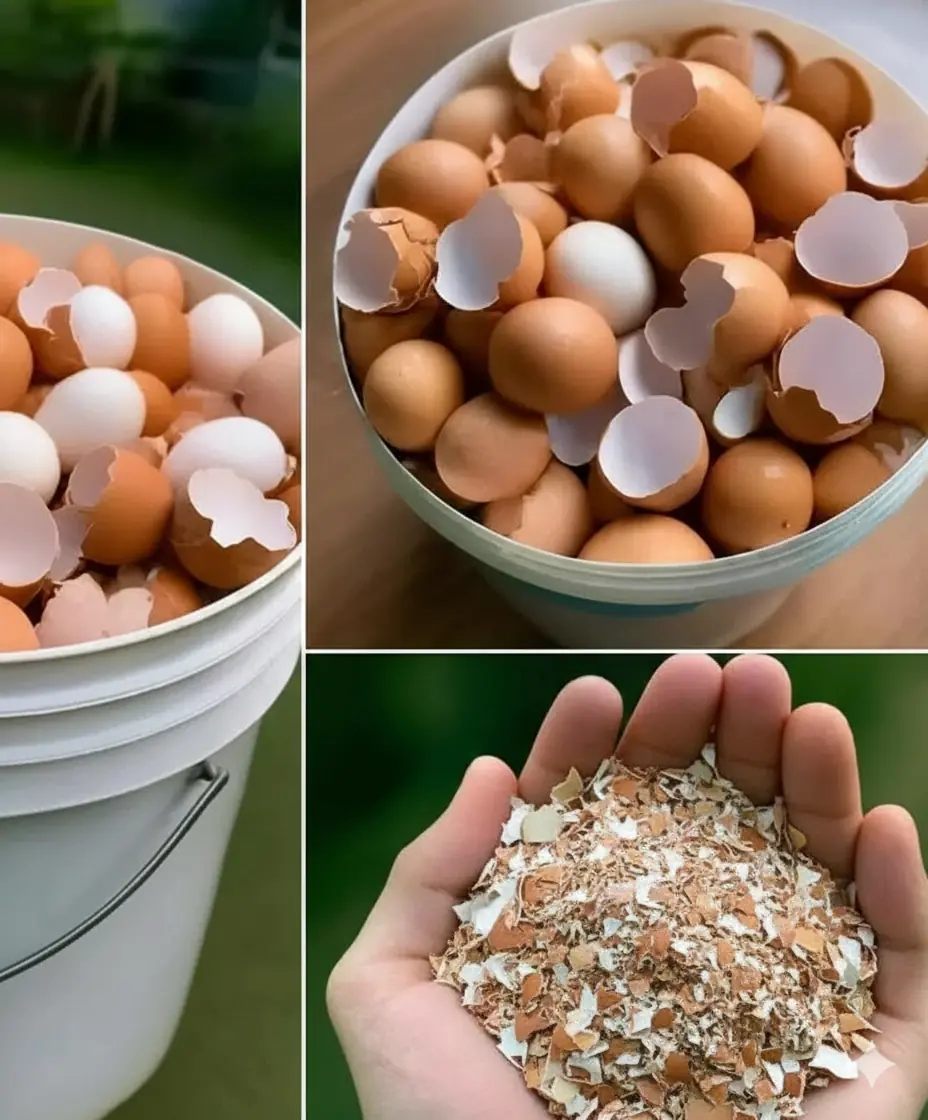
Boil eggshells and say goodbye to waste: The surprising uses you need to know
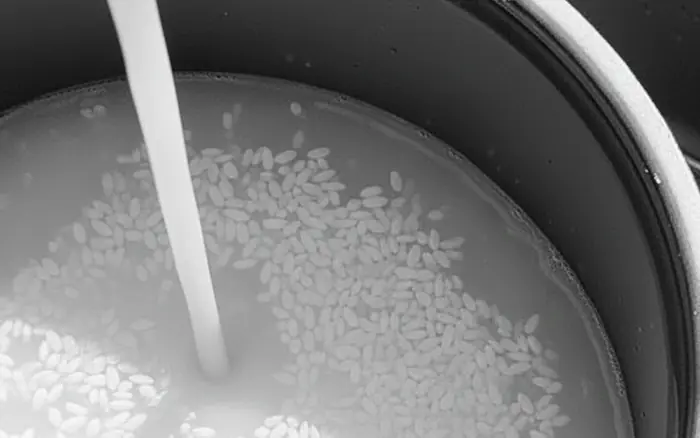
Cooking Rice with This Milky-White Liquid Is Far Better Than Using Plain Water: Tastier Rice, Better Skin, and Protection Against Many Diseases
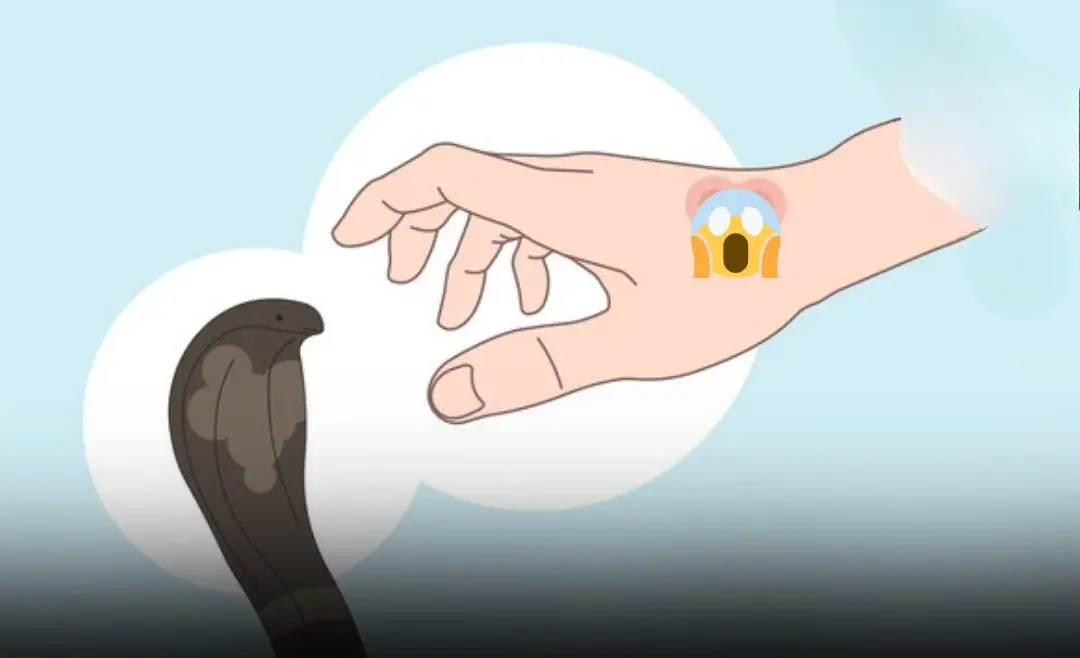
The First Steps to Take After a Snake Bi:te
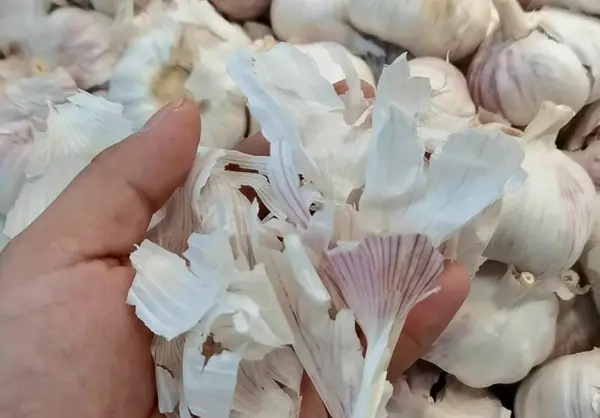
Garlic skins may seem useless, but they can be surprisingly helpful in daily life

Mixing Toothpaste with Salt: Surprising Uses and Benefits You Can Try at Home

The ring you pick will reveal your truest trait
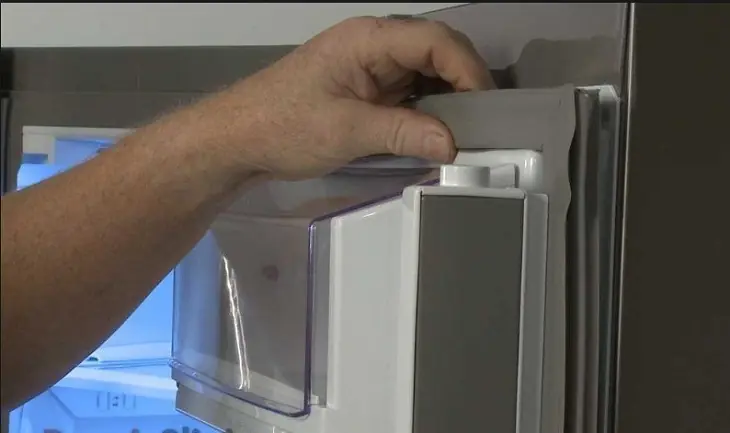
The right way to clean your refrigerator’s rubber door seal
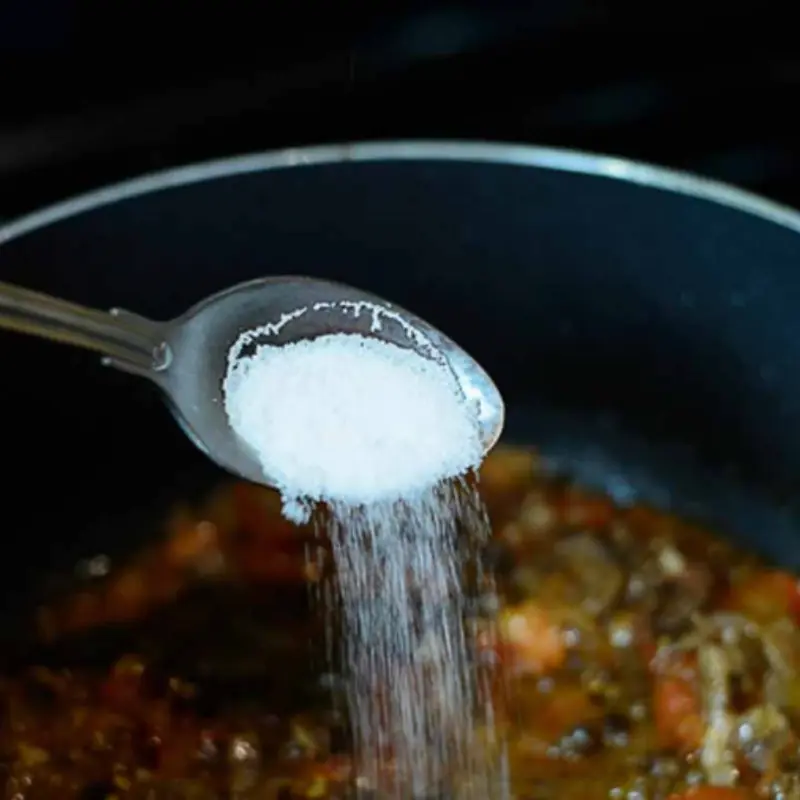
Oversalted your dish? Don’t dilute it with water—add this one ingredient to balance the flavor fast.
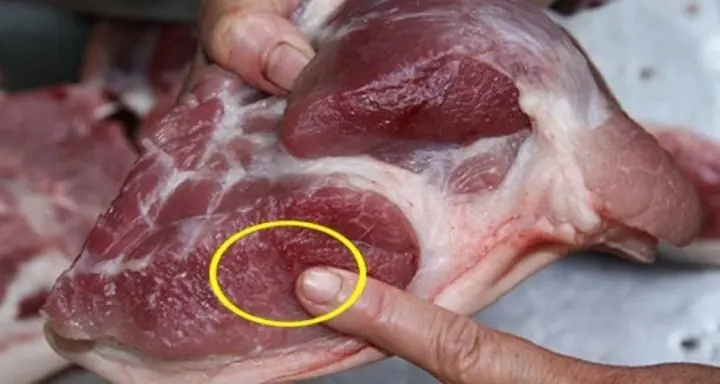
Butcher’s Honest Advice: When Buying Pork, It’s Best to Avoid These Three Types — Only the Uninformed Like Them

How to Effectively Remove Black Mold Spots from Household Items
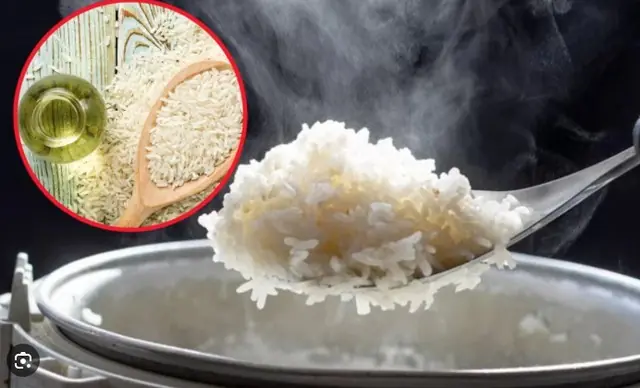
Many people cook rice every day—but still get it wrong: 4 simple tips for tastier rice and better digestion

Little Black Bugs in the Bathroom? Here’s What They Are & How to Get Rid of Them for Good
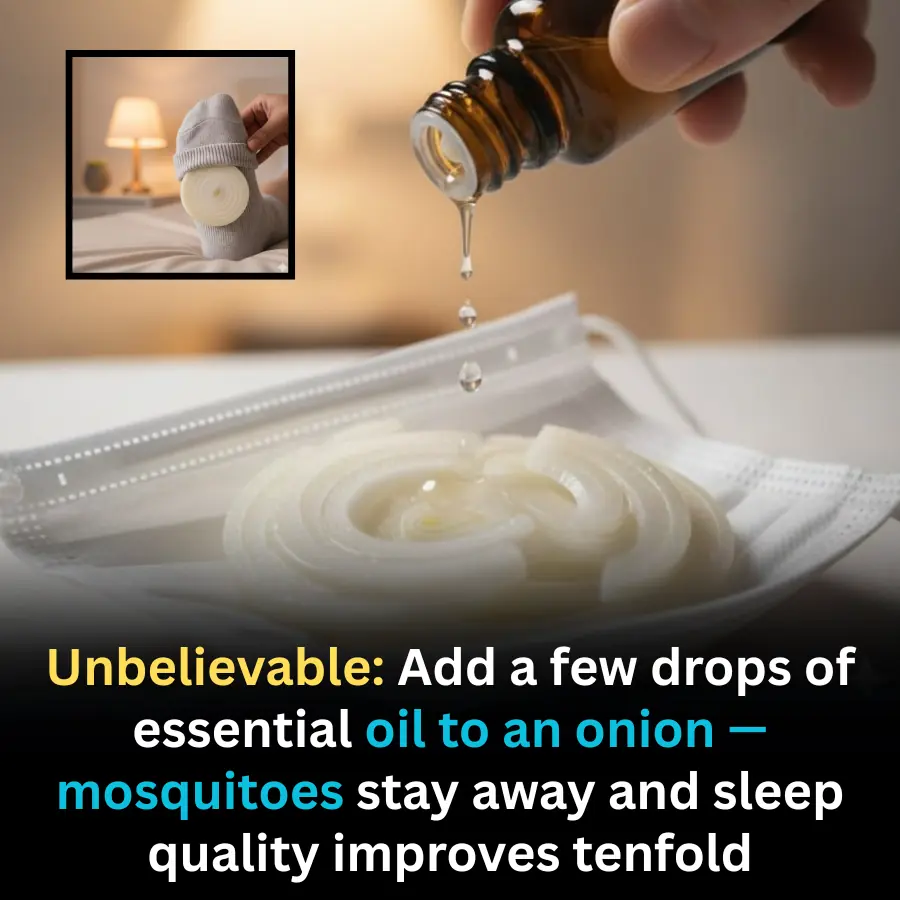
Add a Few Drops of Oil to an Onion: A Simple Home Trick That Repels Mosquitoes and Improves Sleep

To prevent snakes from entering your house, you can apply the following methods.
News Post

The morning right after waking up is the time when the body most clearly reveals its health status, especially the kid.neys

The morning right after waking up is the time when the body most clearly reveals its health status, especially the kid.neys

Hidden Ca.nc.er Ri.s.ks in Daily Life That People Keep Ignoring

Why should you avoid showering, washing dishes, and doing laundry during a thunderstorm?

If your veins are visible in your hand, it is a signal of...
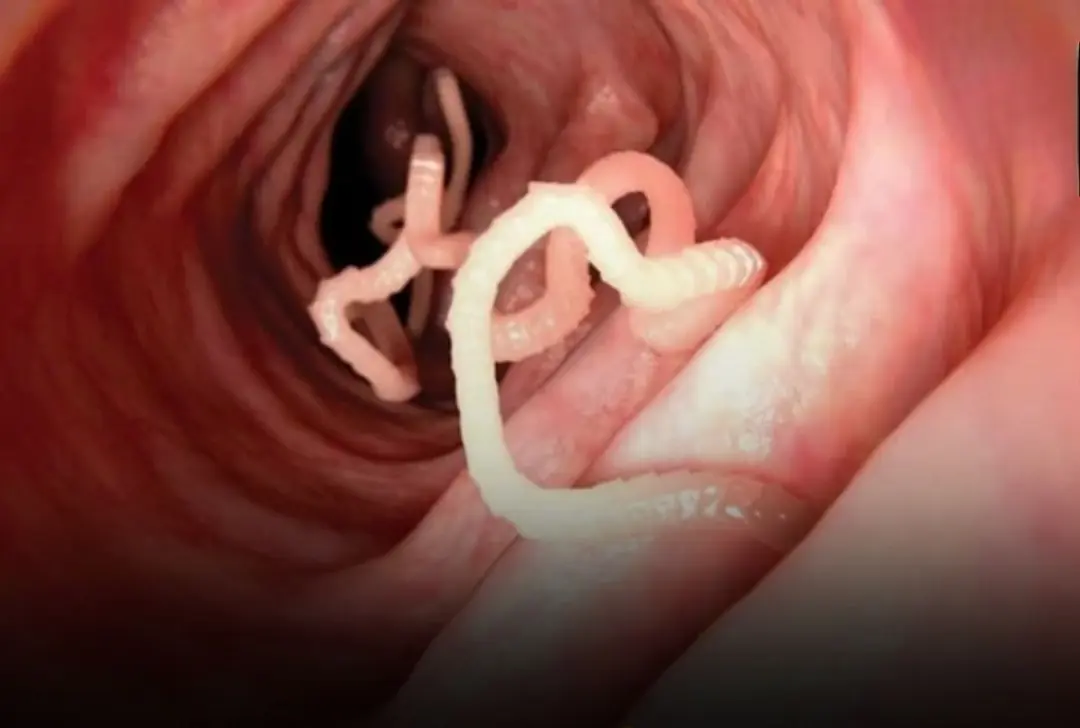
The first sign is especially common in many households

I summarized the most interesting ones below

A silent stroke can strike when you least expect it — but these small habits could save your life

If you notice someone with bulging v.e.i.n.s, these are the crucial things you need to tell them

Boil eggshells and say goodbye to the …

The first food you eat in the morning plays a vital role in your health, especially your digestive system .....

Creamy Banana Colada Smoothie

Do Not Ignore These 10 Warning Signs That Your Kidneys May Be In Danger
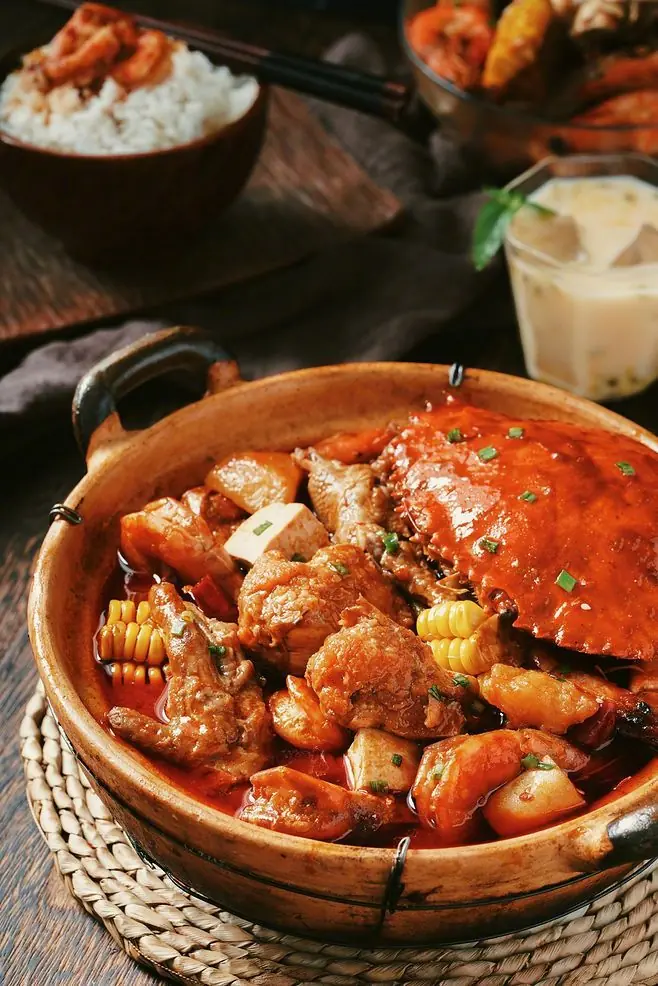
SPICY BRAISED CRAB HOT POT (ASIAN-STYLE)
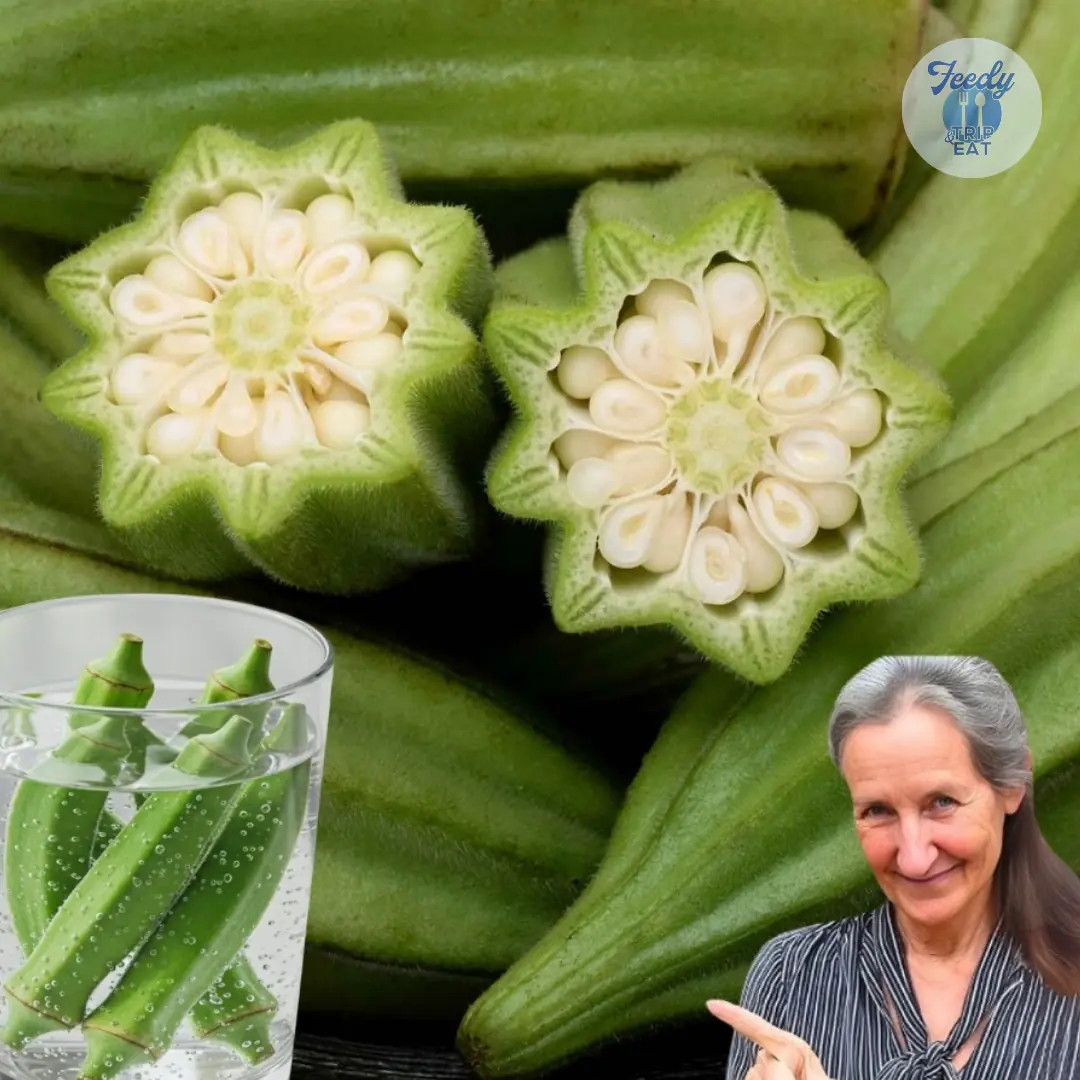
13 Powerful Reasons Why Your Entire Family Should Drink Okra Water Every Day
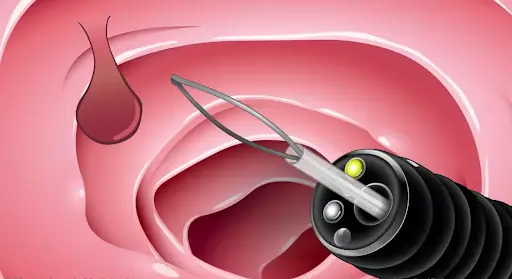
Spotting Colon Polyps Early: The Crucial Step in Preventing Colon Cancer
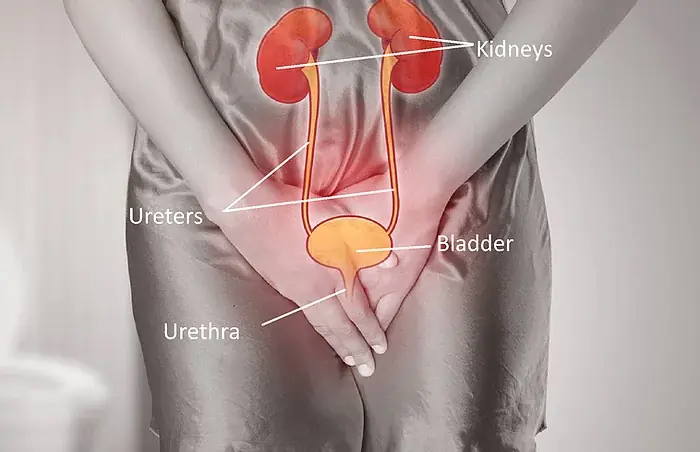
5 Common Signs of Bladder C.a.ncer That You May Ignore

Fatty liver disease: The sign in your feet that means the condition is irreversible

Cinnamon and Neuroprotection: Evidence for Anti-Alzheimer’s Mechanisms
